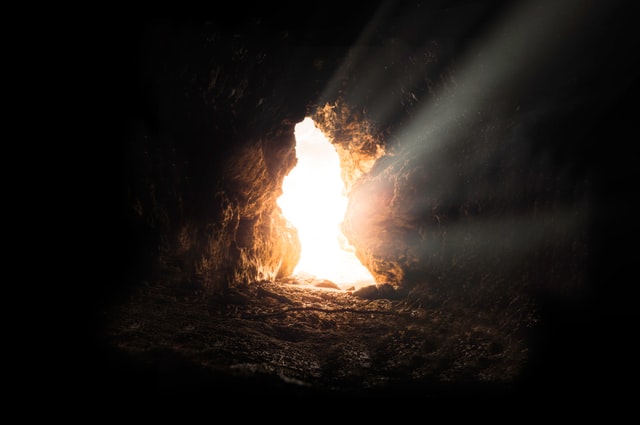
While China’s anti-cryptocurrency stance is known to all, Bitcoin mining is a legitimate and legal industry within the country, with provinces such as Sichuan and its cities becoming increasingly popular for their cheap electricity rates, made possible with copious rainfall amounts throughout the year which drives the hydroelectric power industry there. Despite this, some miners are taking more creative (and illegal) approaches to Bitcoin mining, as local authorities found out on June 2 in Daqing City when they raided two new burial mounds in a field, only to find an entrance to a hidden Bitcoin mining operation.
According to the South China Morning Post, a local oil field company was experiencing repeated power losses and suspecting that something was afoul in the area, called Daqing City’s police department to investigate. In the surrounding area, two tall mounds that looked out of place were found between several trees. The mining operation was thereafter busted for stealing power from the oil company.
China has been seeing increasing incidents like this as the mining industry becomes ever more popular across the globe. On May 24, police received tip-offs from also, an oil company in Heilongjiang province that was strangely losing electricity power and found a hidden lair under a dog kennel farm where 54 Bitcoin mining rigs were running. The police confiscated all the rigs and stated that considering how many rigs there were under the kennels, the oil company would have incurred heavy losses from having their power supply stolen and redirected illegally to the mining machines.
It is no surprise that 65% of the world’s Bitcoin hash rates are found in China, where the regional superpower dominates global Bitcoin mining operations considering the abundance of resources available for Bitcoin miners at the cheapest rates possible. For mining operations to stay profitable, fixed costs that come with mining farms need to be kept minimal. Miners are unable to escape the costs that come with new and efficient mining equipment or the Bitcoin (BTC) reward they receive from each block mined, but cheap land costs, electricity and energy in China have helped Chinese miners stay ahead of the mining race.
You may also want to read: New Chinese Civil Code Allows Its Citizens to Inherit Cryptocurrency


